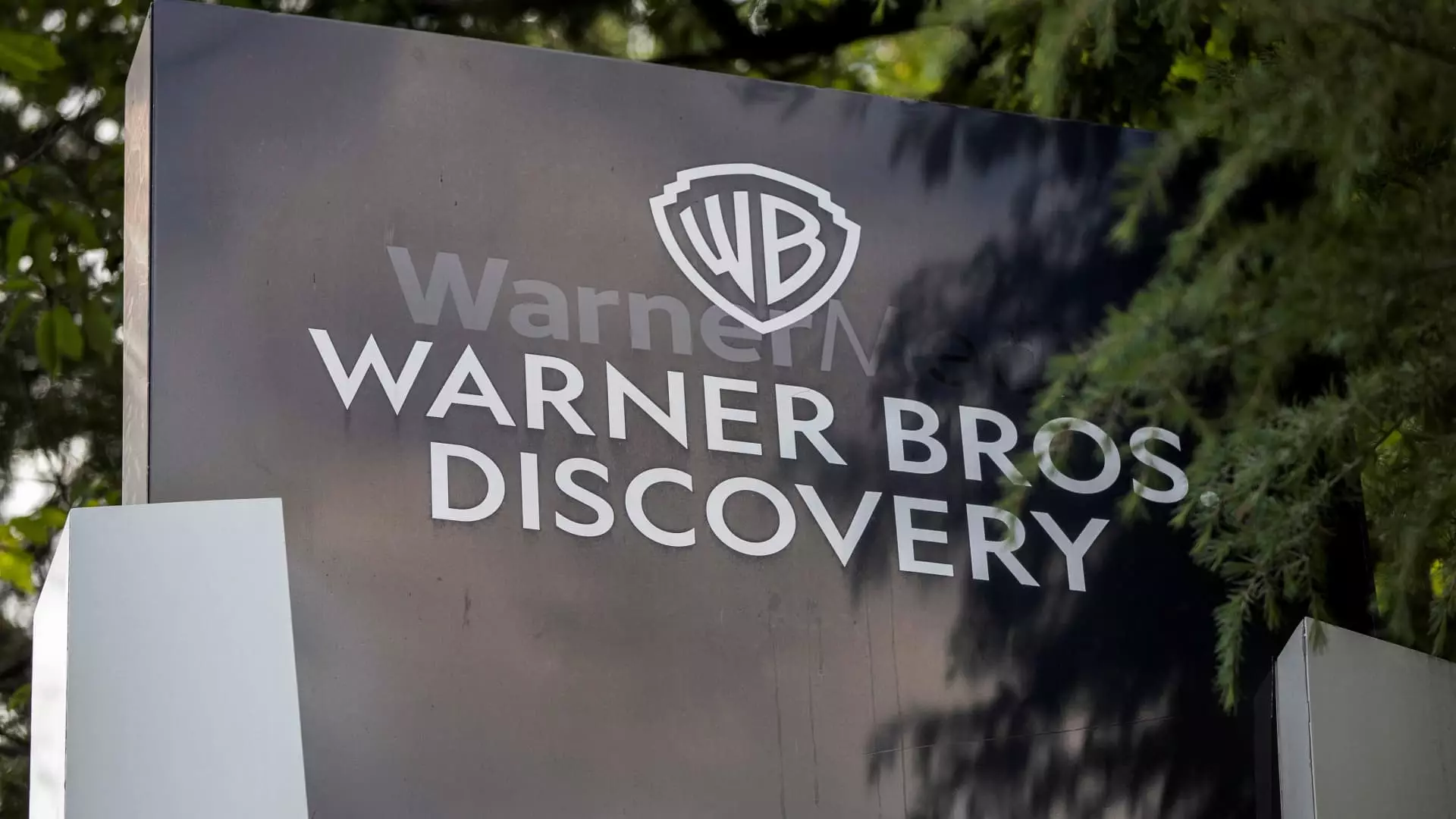The recent resignation of Warner Bros. Discovery directors, Steven Miron and Steven Newhouse, has brought attention to a U.S. Department of Justice investigation regarding a potential antitrust violation. Both Miron and Newhouse were appointed as directors in April 2022 following the merger of WarnerMedia and Discovery. The investigation is centered around whether their involvement on the board violated Section 8 of the Clayton Antitrust Act, which prohibits directors or companies from serving on the boards of competing companies simultaneously. As a result of this inquiry, both directors chose to resign from their positions voluntarily, effective immediately. Despite stepping down, neither Miron nor Newhouse admitted to any violation.
Steven Miron, the CEO of Advance/Newhouse Partnership, is a senior executive officer at Advance, an entity that focuses on investing in media and technology companies. On the other hand, Steven Newhouse holds the position of co-president at Advance. Their terms on the Warner Bros. board were initially set to expire in 2025. Both directors expressed their pride in contributing to the growth of the company and emphasized their continued investment as stockholders. Newhouse, in a statement, mentioned their disappointment in leaving the board but highlighted their commitment to doing what is best for Warner Bros. Discovery.
The U.S. Department of Justice specified that the conflicting company in question is Charter, a media company based in Connecticut that offers video distribution services similar to Warner Bros.’ streaming platform Max. According to the investigation, representatives from Advance, the company linked to Miron and Newhouse, held positions on both Warner Bros.’ board and Charter’s board. Deputy Assistant Attorney General Michael Kades of the Justice Department’s Antitrust Division stated that the actions taken align with Congress’s concerns when enacting Section 8 of the Clayton Act. The main focus was on preventing competitors who share directors from potentially reducing competition and limiting consumer benefits.
Overall, the resignation of the Warner Bros. Discovery directors amid the antitrust violation investigation sheds light on the complexities of corporate governance and regulatory compliance within the media industry. The move to step down voluntarily underscores the importance of upholding legal standards and ethical practices in business operations. As the investigation progresses, it will be crucial to assess the potential implications for both Warner Bros. Discovery and the broader media landscape. The regulatory scrutiny serves as a reminder of the need for transparency and accountability in corporate decision-making to safeguard fair competition and consumer welfare.


Leave a Reply